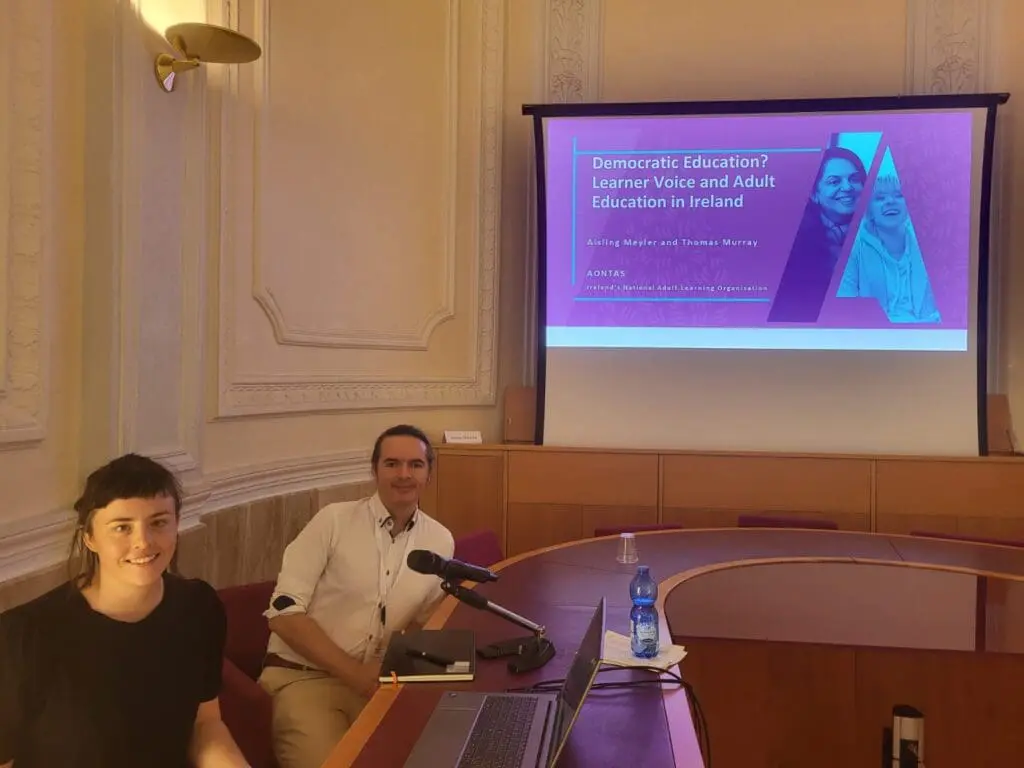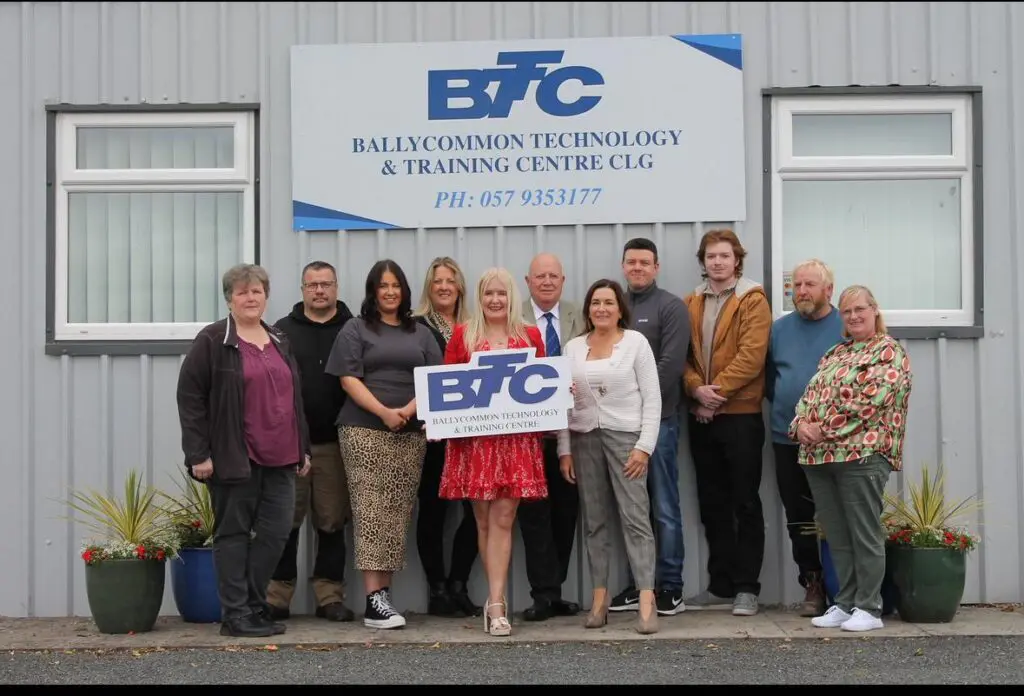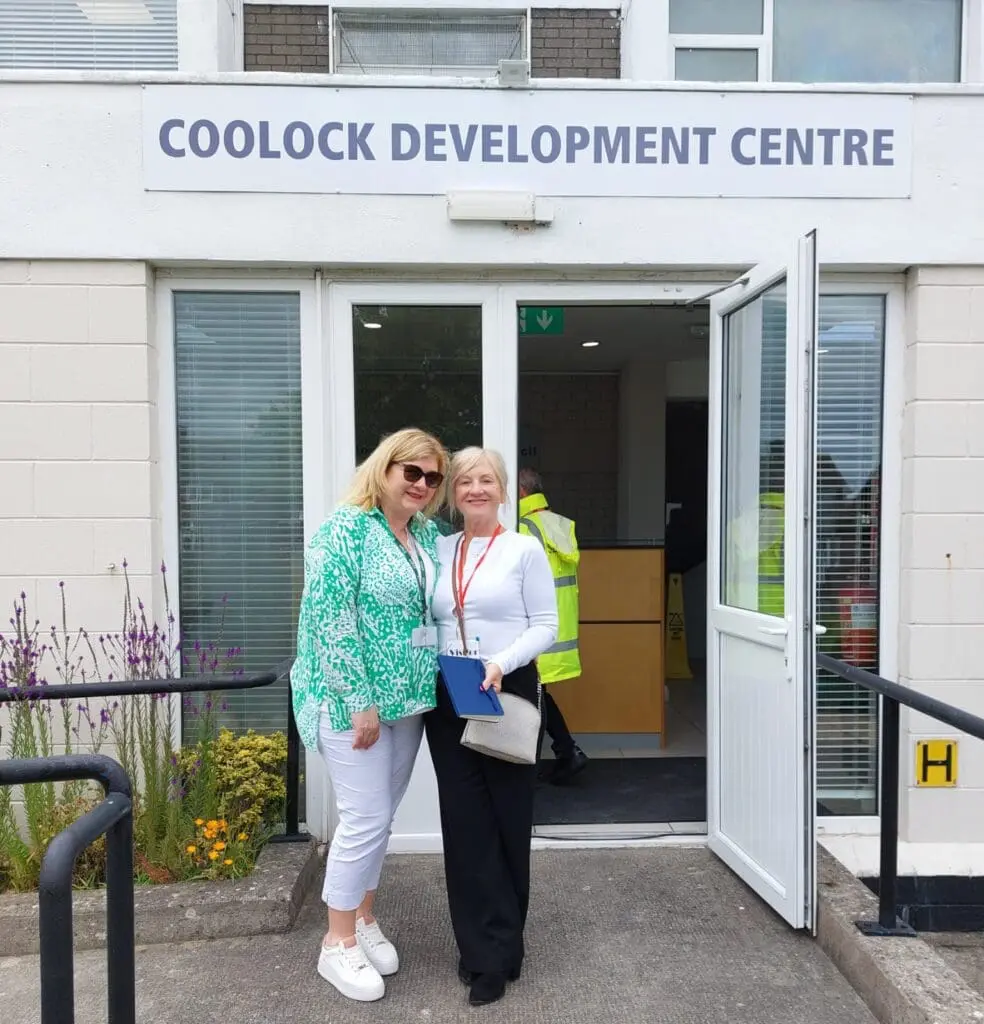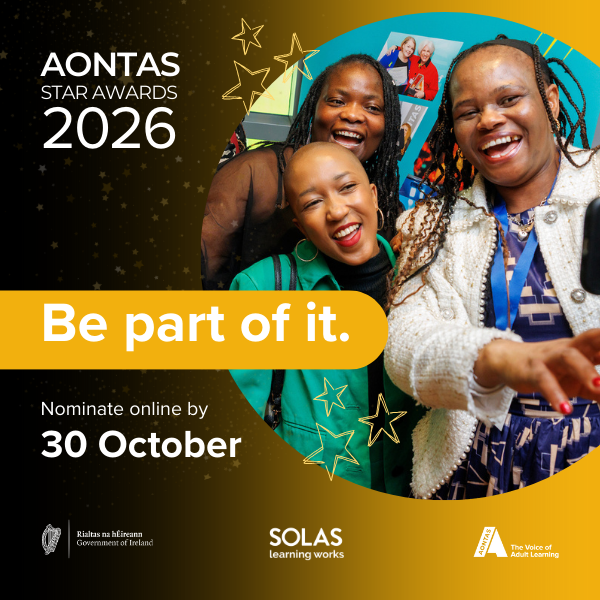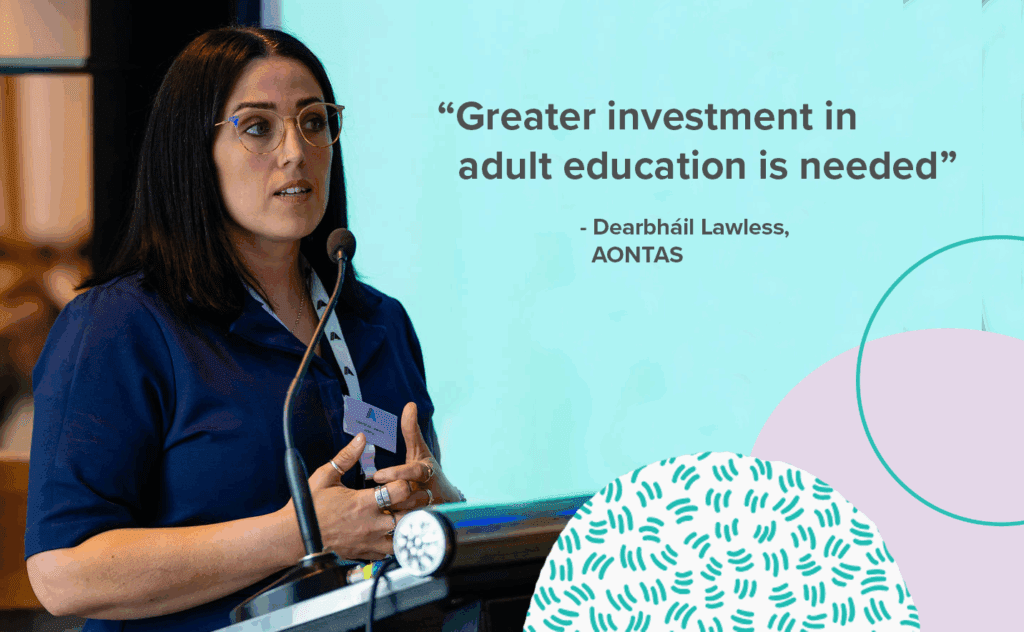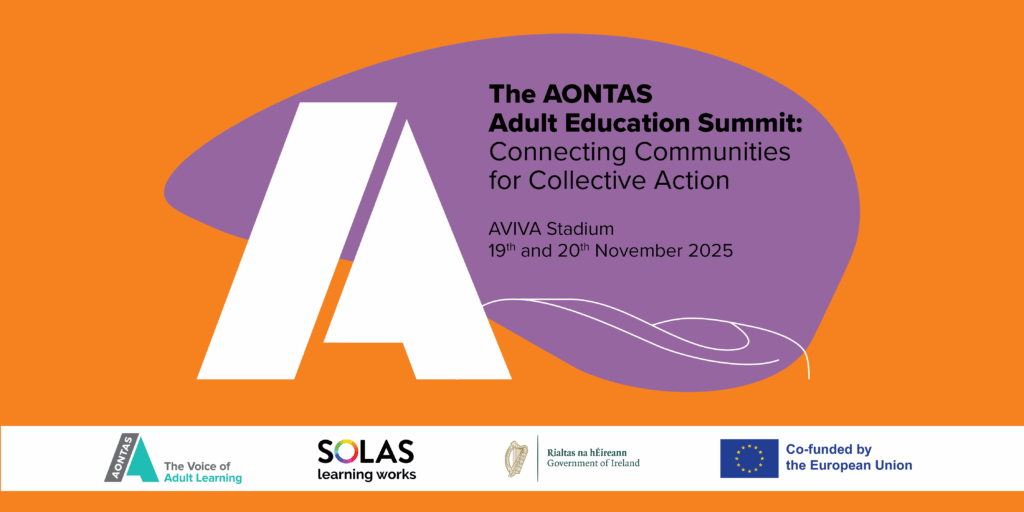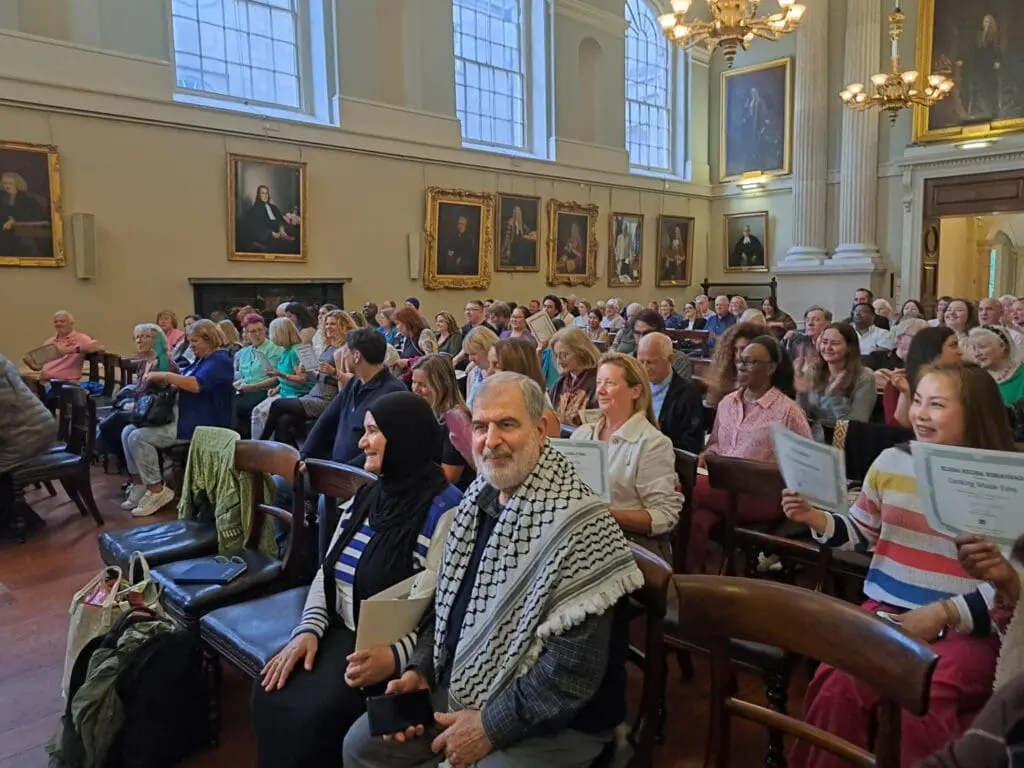The AONTAS research team collaborated on an abstract entitled, “Democratic Education? Learner Voice and Adult Education in Ireland”. The abstract was accepted as a relevant contribution to the panel entitled, “Adult learning and education for a socially just society: appraising policy and practice.”
The panel aimed to ignite debate and progress in researching how adult education policies and learning practices—locally, nationally, and globally—affect the progress towards a more socially just and equal society.
Our presentation reflected on the social justice and democratic dimensions of the National FET Learner Forum. It explored the potential for Learner Voice to inform the appraisal of FET policy and practice in Ireland, its potential to enhance the adult education systems, and highlighted the practical challenges associated with nonparticipation, tokenism, and meaningful participation. As a remedy to some of these issues faced by the National FET Learner Forum, we highlighted the emergence of Learner Councils in FET provision as a recent, hopeful development, one which underlines the possibility of enhanced forms of learner participation in decision-making about their education and society.
Over 900 academics, researchers, and adult education stakeholders participated in the four-day event, featuring nearly 200 sessions.
Italian and Greek colleagues on our panel explored various themes: the historical institutionalism and social inclusion potential of the Italian Adult Learning System operating under neoliberalism; the implications of educational institutions transitioning from adult education to Lifelong Learning, which emphasises accreditation policies for employability over objectives of social inclusion, active citizenship, and personal development; and a presentation of the results from the Erasmus+ Agile-2-Vet project. This tool aims to strengthen the digital skills of those involved in adult education, advocating collaboration between training institutions, technology companies, and experts in educational and pedagogical practices to design effective training models for professional distance/online learning contexts.
Throughout the conference, presentations and discussions covered a wide range of topics in global education. I was particularly interested in:
- The contrast between the critically oriented Non-Governmental Organisations and market-driven International Governmental Organisations in their delivery of Global Citizenship education in secondary schools
- The discretionary practices between the education and treatment of Ukrainian refugees and other migrants across Europe, highlighting potential racial discrimination
- The impact of civic education on secondary student’s attitudes towards migrants
- The role of formal and informal guidance during early stages of orientation in ensuring a learner stays in education
- A review of an initiative which introduced restorative justice practices and trauma-informed practices into schools in the United States which experience higher levels of suicide.
Future plans I will take from the conference include the exploration of trade union processes in supporting the development of the Learner Council; the potential to implement Oesch’s social class stratification to ensure the National FET Learner Forum survey captures the social class of learners with greater accuracy; and the exploration of the relevance of restorative justice and trauma-informed practices in AONTAS’ upcoming antiracism project.
The latter is particularly exciting to me, as I worked in these settings before joining AONTAS and believe strongly in the efficacy of both trauma-informed and restorative justice practices. Both have the power to support learners accessing adult education in understanding the impact of racism on ethnic minorities.
Lessons from the Scuola Democratica will no doubt enhance our work with the National FET Learner Forum and AONTAS’ wider research work and the team is excited to put them into practice. Our appreciation for the shared challenges faced by learners, tutors, and practitioners in adult education in Ireland has deepened.
Seeing first-hand the remarkable and often groundbreaking work of academics in this field fills me with optimism about the future of adult learning, not only in Ireland but around the world.
